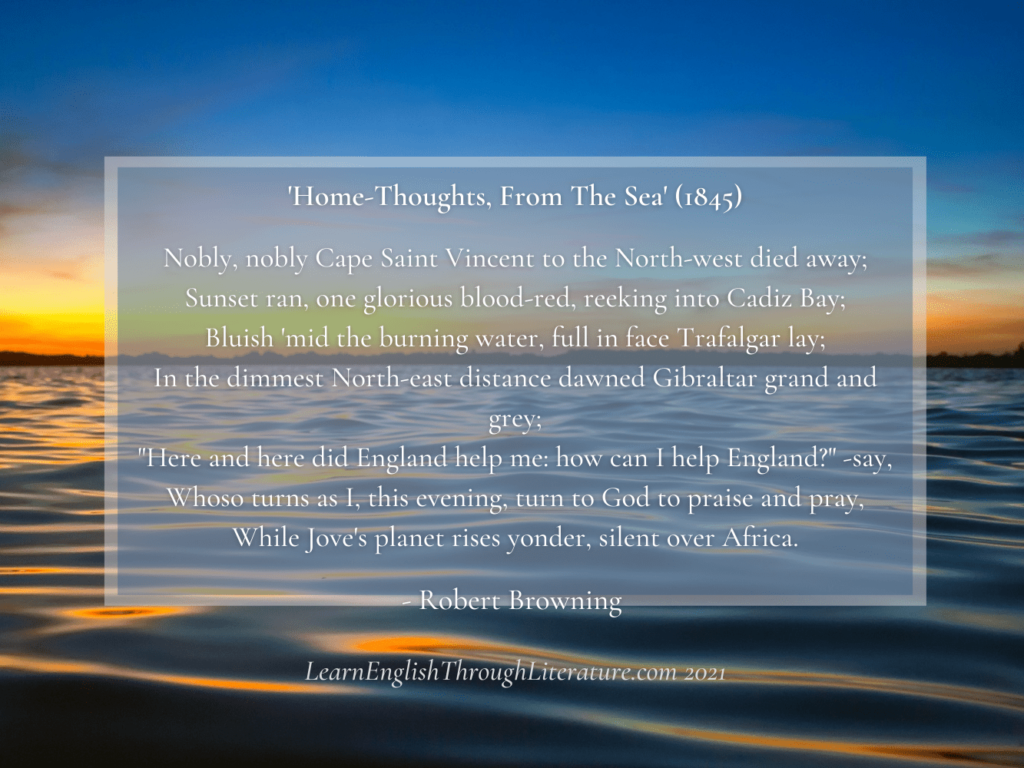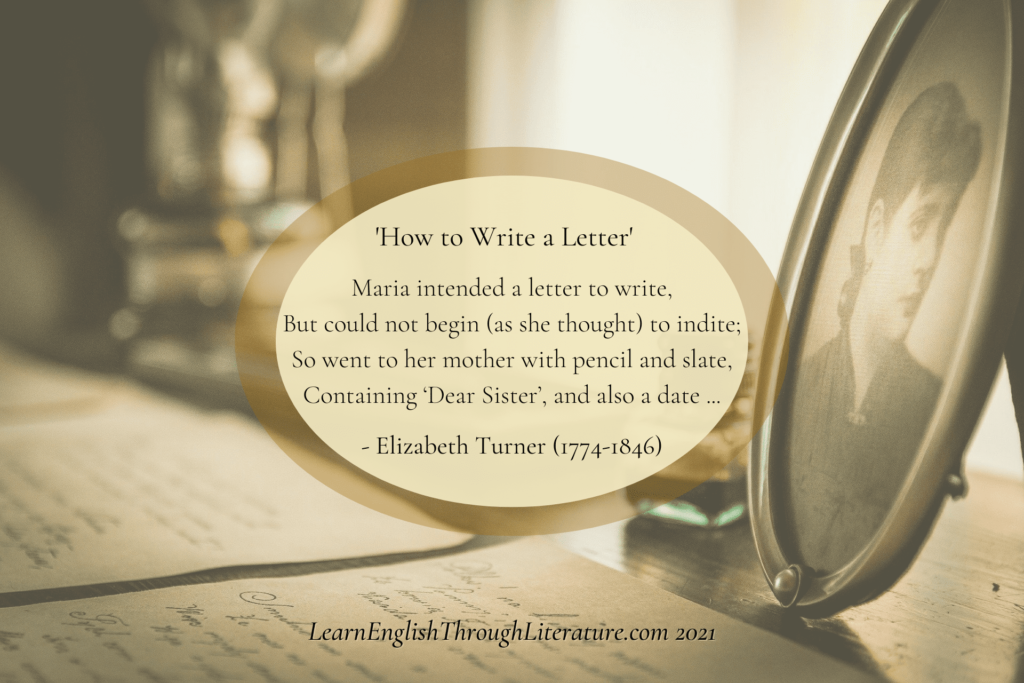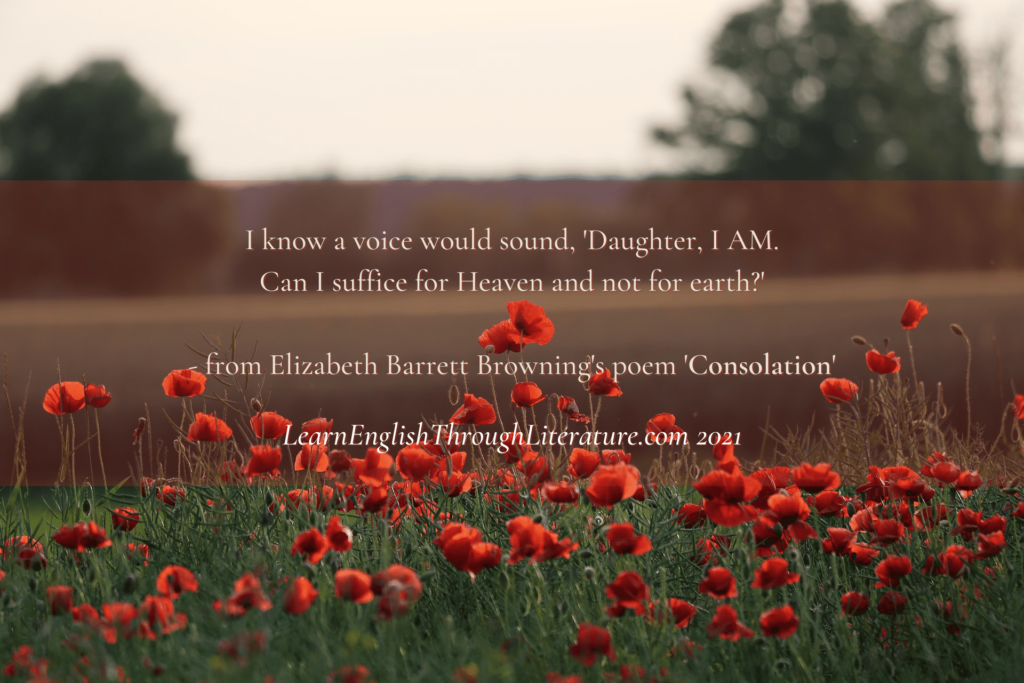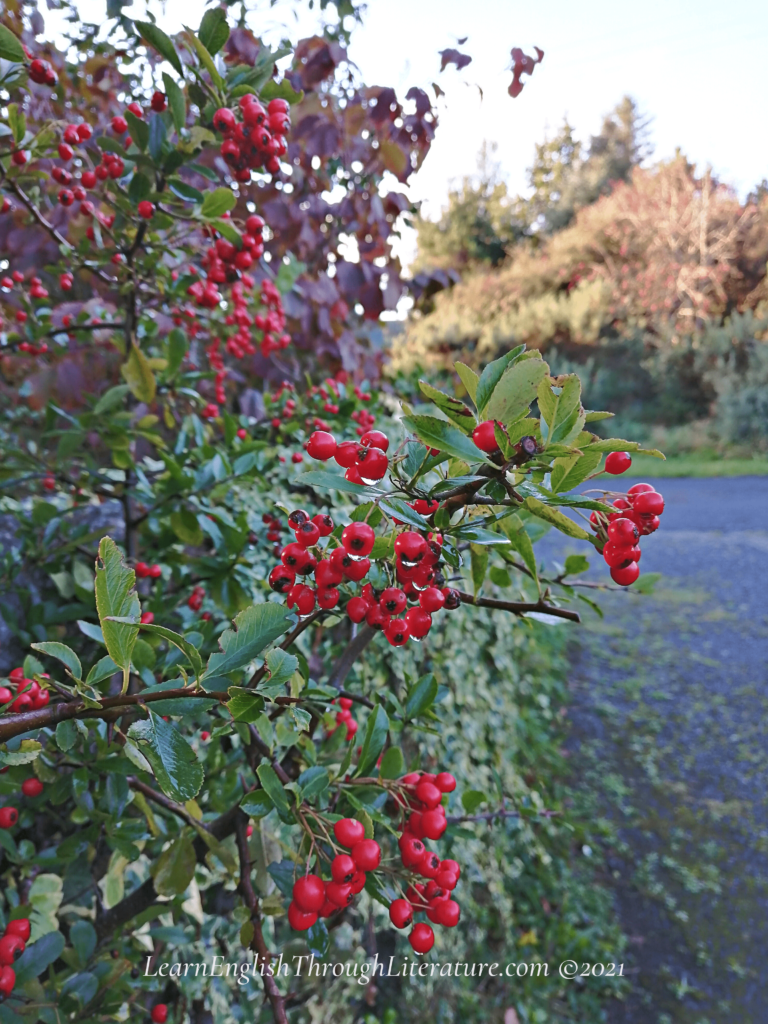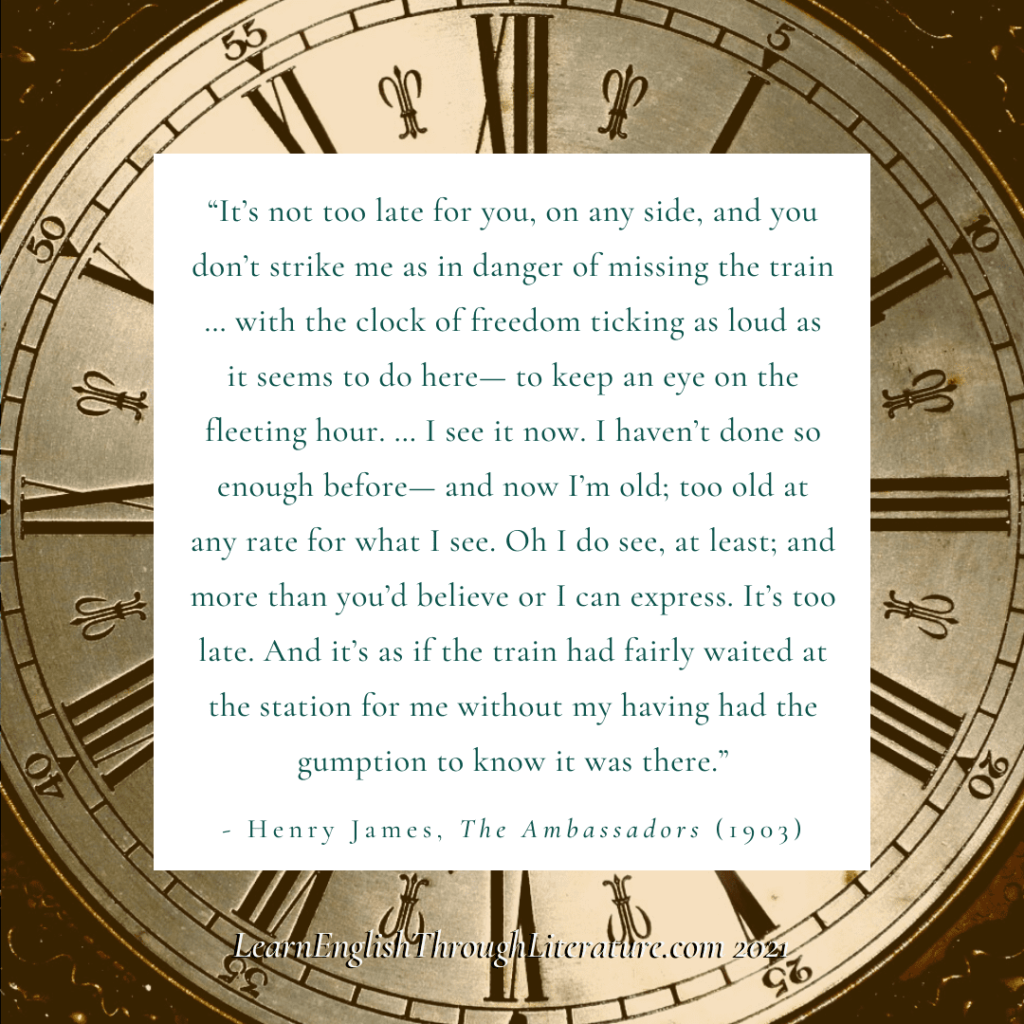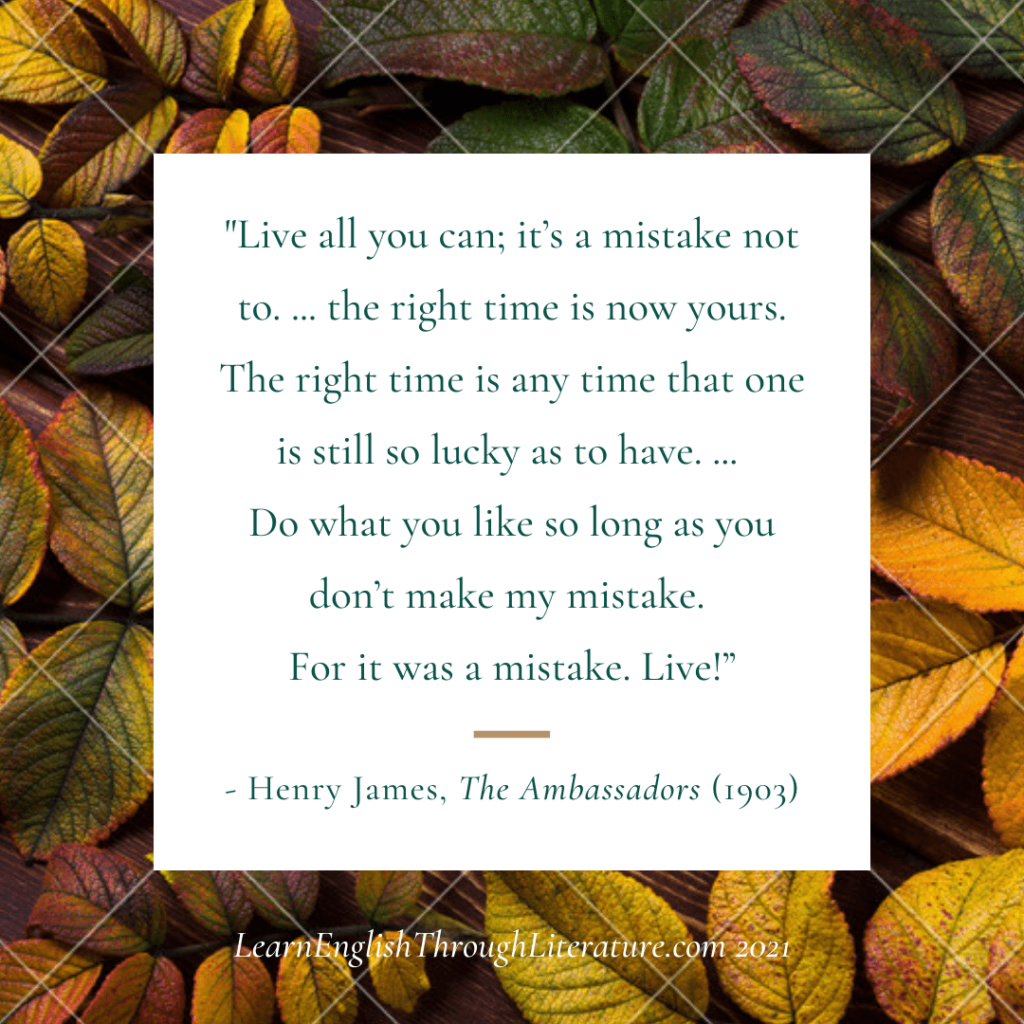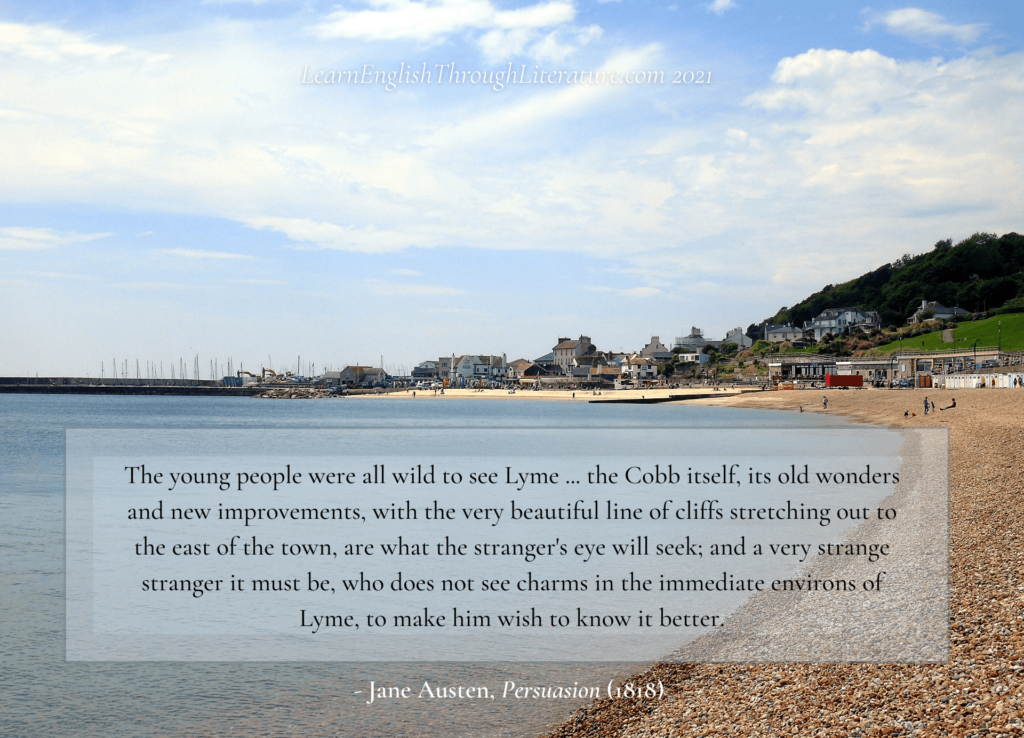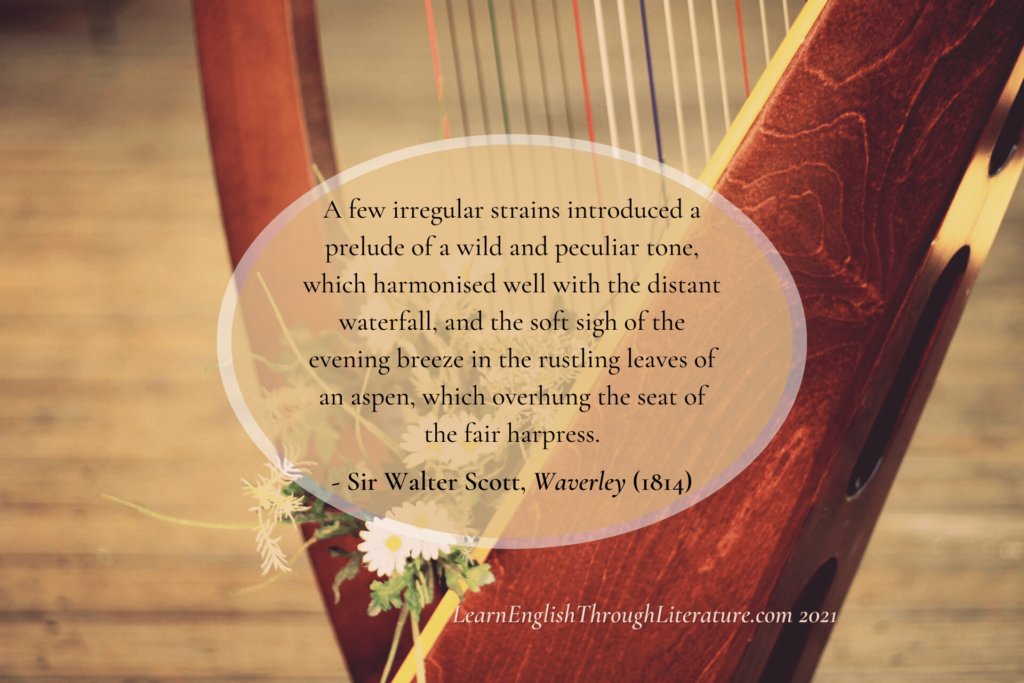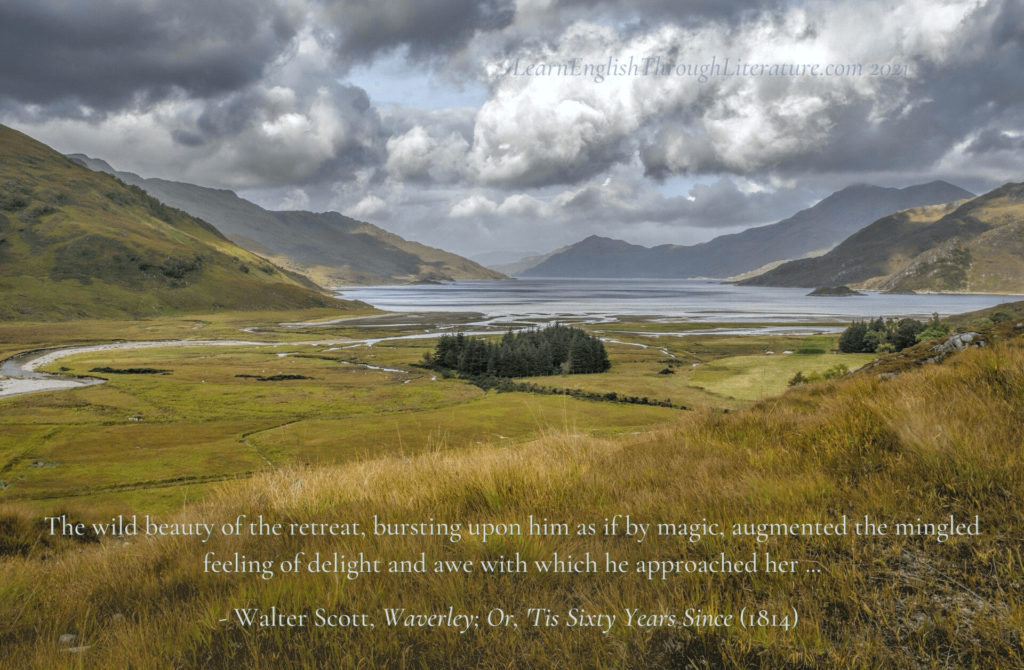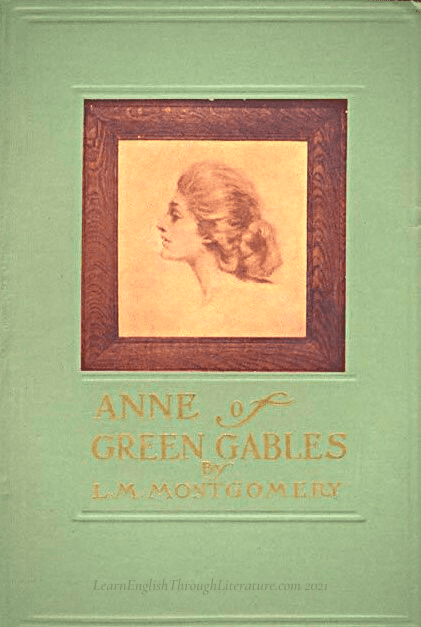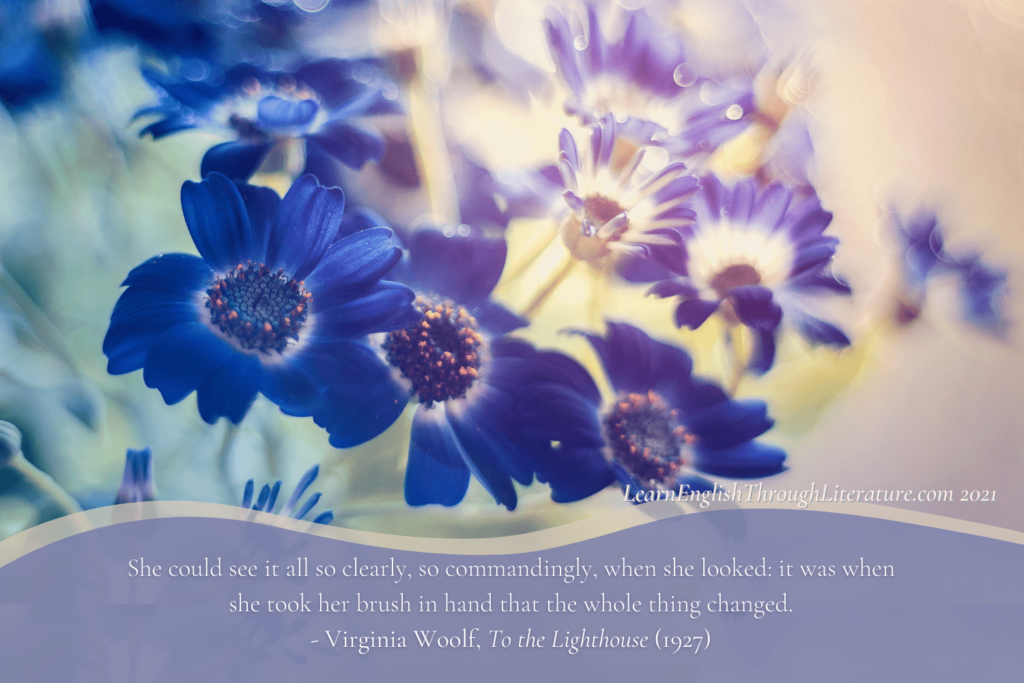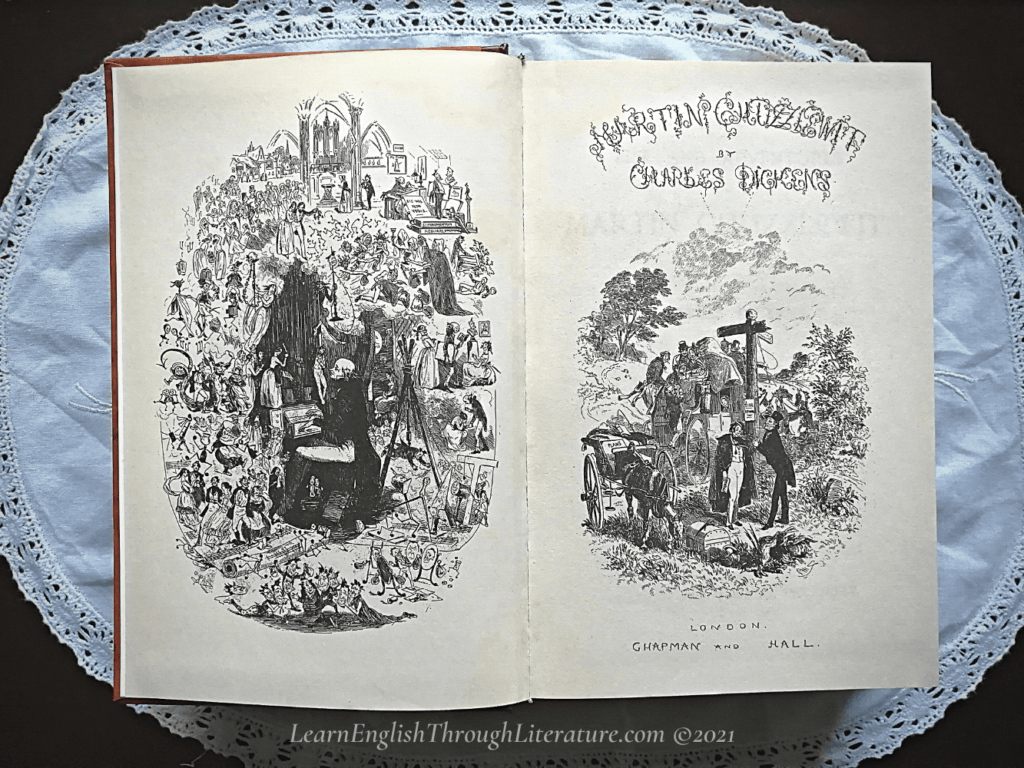Lesson #261: Writing with a strong sense of wonder – Browning’s ‘Home-Thoughts, From the Sea’
📜 ‘Home-Thoughts, From the Sea’ (1845) Nobly, nobly Cape Saint Vincent to the North-West died away;Sunset ran, one glorious blood-red, reeking into Cadiz Bay;Bluish ‘mid the burning water, full in face Trafalgar lay;In the dimmest North-East distance, dawned Gibraltar grand and gray;“Here and here did England help me: how can I help England?”—say,Whoso turns as […]

